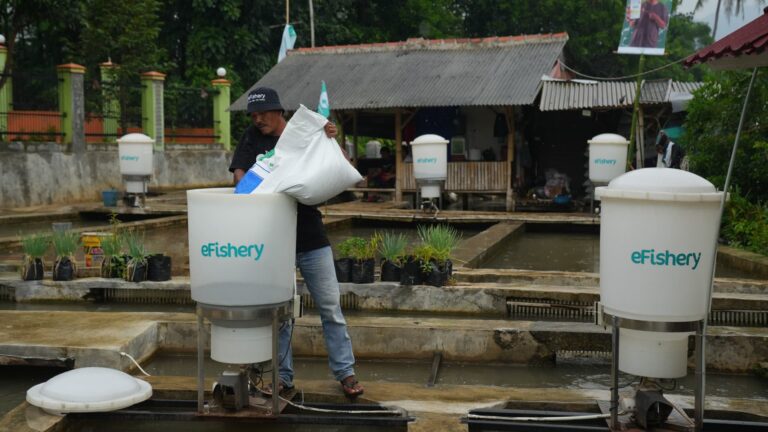The Impact of a Scandal on Ecosystems Already in Deep Water
As environmental concerns grow increasingly critical in our modern world, the precarious balance of ecosystems faces myriad threats. Scandals involving major corporations, government entities, or environmental management practices can exacerbate these issues, leading to detrimental effects on ecosystems already struggling for survival. Whether it’s a major oil spill, deforestation due to illegal logging, or pollution from industrial operations, these scandals not only endanger wildlife but also disrupt local communities and economies that depend on healthy ecosystems.

The Fragility of Ecosystems
Globally, ecosystems are under siege from multiple pressures. According to the World Wildlife Fund (WWF), we have lost approximately 60% of our wildlife populations since 1970. This staggering figure highlights the fragility of our natural environments, which are often the first to suffer when scandals erupt. Studies from the United Nations reveal that nearly 1 million species currently face extinction, primarily due to habitat loss, climate change, and pollution.
Economic Repercussions of Environmental Scandals
Environmental scandals can lead to significant economic fallout. A report by the Global Environment Facility (GEF) estimates that environmental degradation can cost countries up to 10% of their GDP annually. The devastation caused by scandals can result in long-term consequences, such as loss of biodiversity, which can take decades, if not centuries, to recover.
For example, the Deepwater Horizon oil spill in 2010 discharged approximately 4.9 million barrels of oil into the Gulf of Mexico, heavily impacting marine life and local fishing industries. A study estimated that the spill caused over $17 billion in economic losses to the fishing and tourism industries combined.

Community and Wildlife Impact
Communities reliant on natural resources often bear the brunt of environmental scandals. When ecosystems are damaged, local populations can experience food insecurity, loss of livelihood, and cultural dislocation. In many regions, fish and wildlife populations are vital for subsistence, making their decline a monumental crisis.
The pollution of waterways not only affects aquatic ecosystems but also poses risks to human health. Toxic substances can enter food chains, leading to bioaccumulation and significantly impacting both wildlife and communities. For instance, the Flint water crisis, where lead-contaminated drinking water was supplied to residents, showcased the dire consequences of negligence regarding environmental safety and governance.
The Ripple Effect of Scandals
The impact of environmental scandals extends beyond the immediate area affected. Ecosystems are intrinsically linked; disruption in one location can trigger a chain reaction elsewhere. For example, deforestation in the Amazon triggers global climate change, leading to altered weather patterns that can impact agriculture and water sources far beyond the forest itself.

Restorative Measures and Opportunities for Improvement
While scandals can have devastating effects on ecosystems, they also present opportunities for reform and restoration. Public outcry and media attention often spearhead efforts to hold corporations accountable for their actions. The increasing prevalence of environmental regulations illustrates a growing awareness of the need for accountability.
According to the Environmental Protection Agency (EPA), there has been a 32% reduction in overall pollution in the U.S. over the past four decades, primarily due to advancements in regulatory measures following various environmental crises. This progress showcases the potential for positive change spurred by scandals, as they often reveal flaws within systems and create openings for better practices.
Conclusion
Scandals affecting the environment have profound and lasting implications for ecosystems already in trouble. From economic losses to health impacts on communities, the consequences stretch far and wide, often with disproportionate effects on vulnerable populations. However, these crises also highlight the need for stronger regulations and improvements in corporate responsibility and environmental stewardship.
To create sustainable ecosystems resilient to the pressures of development and climate change, it is vital for individuals, businesses, and governments to work collaboratively. By fostering a culture of accountability and adopting innovative restoration strategies, we can hope to reverse some of the damage and preserve our planet for future generations.

Staying informed and engaged is critical. By recognizing and addressing the impact of scandalous activities on ecosystems, we can contribute to positive change and promote a healthier environment for all.


